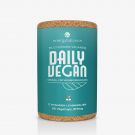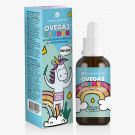Friend of the Sea

Friend of the Sea strives daily to make sustainability a reality, involving more and more key players in the project. We lead fisheries to adopt selective fishing methods, reduce ecosystem impact and manage within Maximum Sustainable Yield. Friend of the Sea certification also ensures high quality standards in terms of energy efficiency and social accountability.
Friend of the Sea certified aquaculture products are produced with no use of GMOs or growth hormones, respecting waters parameters and critical habitats.
Friend of the Sea is constantly engaged in awareness campaigns to make all people, adults and children, conscious of the importance of purchasing only certified sustainable seafood.
SUSTAINABILITY is no doubt the keyword to the future: the only way to ensure a future for us and for the generations to come. Sustainable Seafood is part of this philosophy.
Over three billion people depend on marine and coastal biodiversity for their livelihoods. Oceans serve as the world’s largest source of protein and represents the main food source for over 2,5 billion people. Marine fisheries directly or indirectly employ over 200 million people. Oceans make up 97% of the Earth’s water and absorb about 30% of carbon dioxide produced by humans.
Link: Find the Friend of the Sea entry of the EnergyBalance SA

 deutsch
deutsch italiano
italiano





